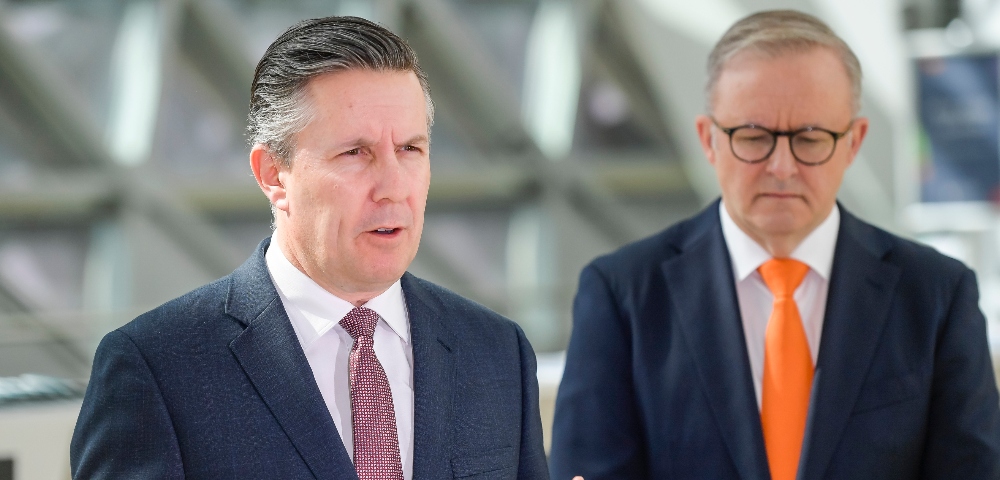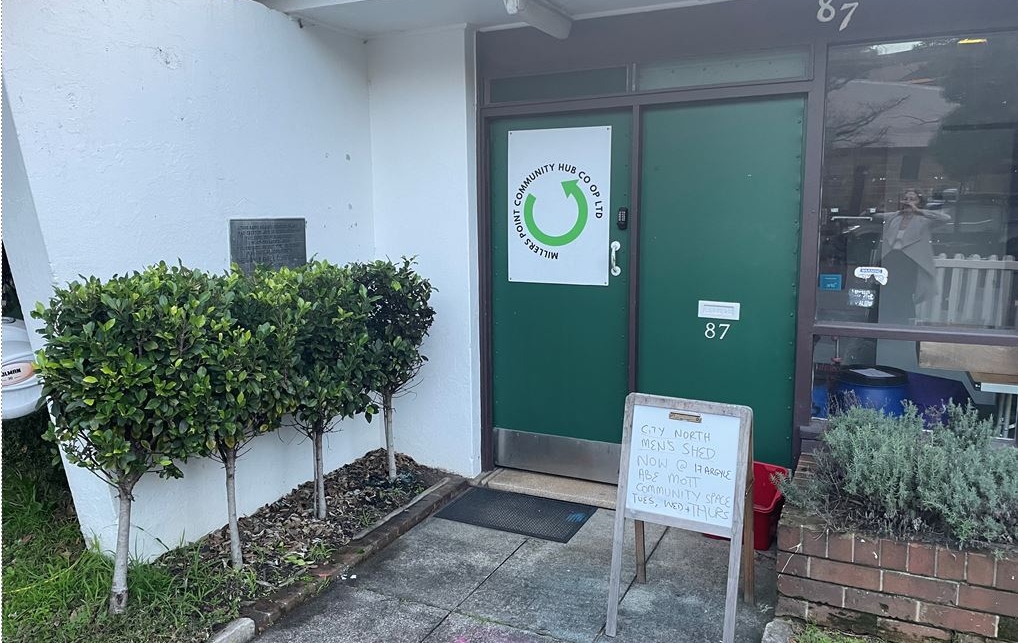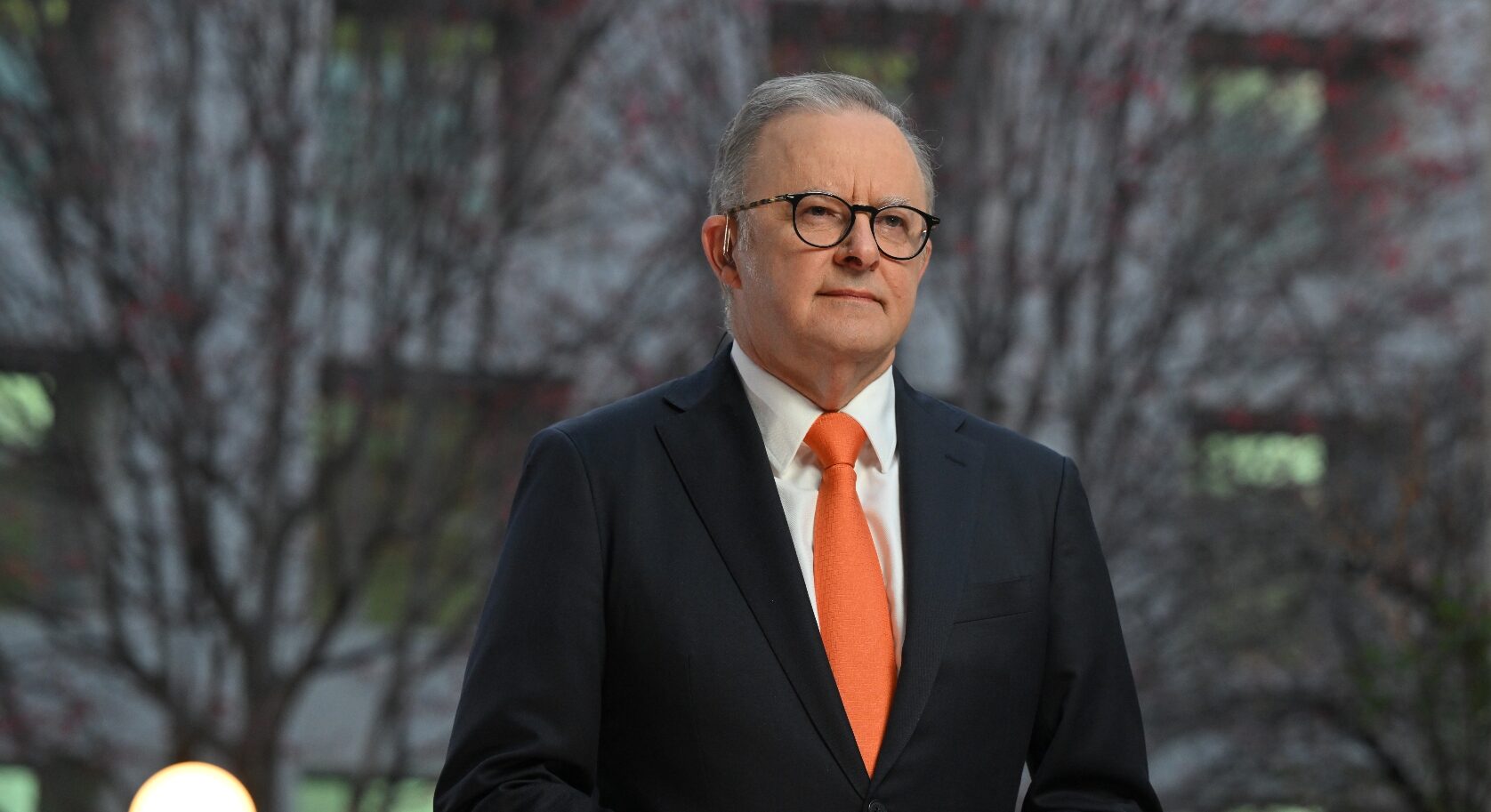

by GRACE JOHNSON
The government has released a national 10-year strategy targeting mental health in the workplace, coinciding with World Mental Health Day.
The national taskforce found that there are shortages in most mental health-related jobs as well as gaps in frontline treatment services and psychologist training. It also found that the workforce was unevenly distributed across the country.
The Strategy described mental health as “one of Australia’s most pressing issues.”
It is for this reason that the Australian Association of Psychologists (AAPi) welcomes the Strategy but calls for urgent action on its recommendations.
According to the National Study of Mental Health and Wellbeing, released by the Australian Bureau of Statistics (ABS) on October 5, almost half of all Australians over 16 have experienced a mental disorder at some point in their life. Between 2020 and 2022, the study found that over 20 per cent of people had a 12-month mental disorder, meaning they will experience mental ill-health in any given year.
The Federal Government had assigned a taskforce to investigate the mental health sector in 2020, which identified “an urgent need to grow and create a well-rounded and responsive mental health system.”
Finding “several challenges associated with growing and sustaining the mental health workforce,” the taskforce drafted a long-term national strategy for improving the mental health workforce.
Minister Mark Butler said, “The Strategy is a first step in the Government’s long-term goal to ensure our mental health care system has the workforce in place to care for Australians needing mental health support.”
In addressing the critical shortages of the mental health sector, part of the 10-year plan includes promoting mental health careers as an attractive choice.
The mental health workforce includes people working exclusively in mental health, such as psychologists and psychiatrists, and those whose work involves supporting patients with mental health issues, such as GPs, social workers and nurses.
Assistant Minister Emma McBridge said, “The backbone of our mental health care system is the dedicated professionals who work in it, but recent challenges have stretched our systems of care, and the mental health workforce.
“The National Mental Health Workforce Strategy outlines how we will get the right mix of professionals in the right place to support the mental health and wellbeing of all Australians no matter where they live.
“The Strategy is critical as we improve care to make mental health support affordable and more accessible.”
Some of the challenges flagged in the Strategy includes the stigma and negative perceptions of working in mental health, limited connection and collaboration across mental health professions and disciplines, exacerbated by the growing demand for services in the midst of a national shortage, especially in regional and rural areas.
The Strategy also emphasised the importance of supporting workplaces to create mentally healthy and positive workplaces and introducing strategies to prevent and address stress and burnout.
According to Microsoft’s 2022 Work Index trends, 62 per cent of Australians are experiencing burnout, compared with the 48 per cent global average. More and more workers are struggling to maintain a work-life balance.
The shortage of mental health services disproportionately affects people from low-income households and those who live in regional and rural areas. Improving the mental health workforce will help to build equal access and availability of mental health services.
In a radio interview with Tom Orti, Assistant Minister McBridge said, “based on the 2019 targets, we’re about 32 per cent short of our workforce, and the current settings without any reform, that is expected to grow to 42 per cent by 2030. So we have to work to address the current shortages now and make sure that we’ve got a workforce that is future ready.”
The Albanese government has made an initial commitment of $91.2 million to improve psychology training in Australia, addressing bottlenecks in the training pipeline. This includes 500 new places for postgraduate psychology students and funding for 500 psychology interns entering the workforce.
But this is not necessarily the final answer to increasing accessibility to mental health services for Australians.
A further $17.8 million is also being invested to upskill the broader health workforce in matters of mental health, including undergraduate nurses and midwives.









